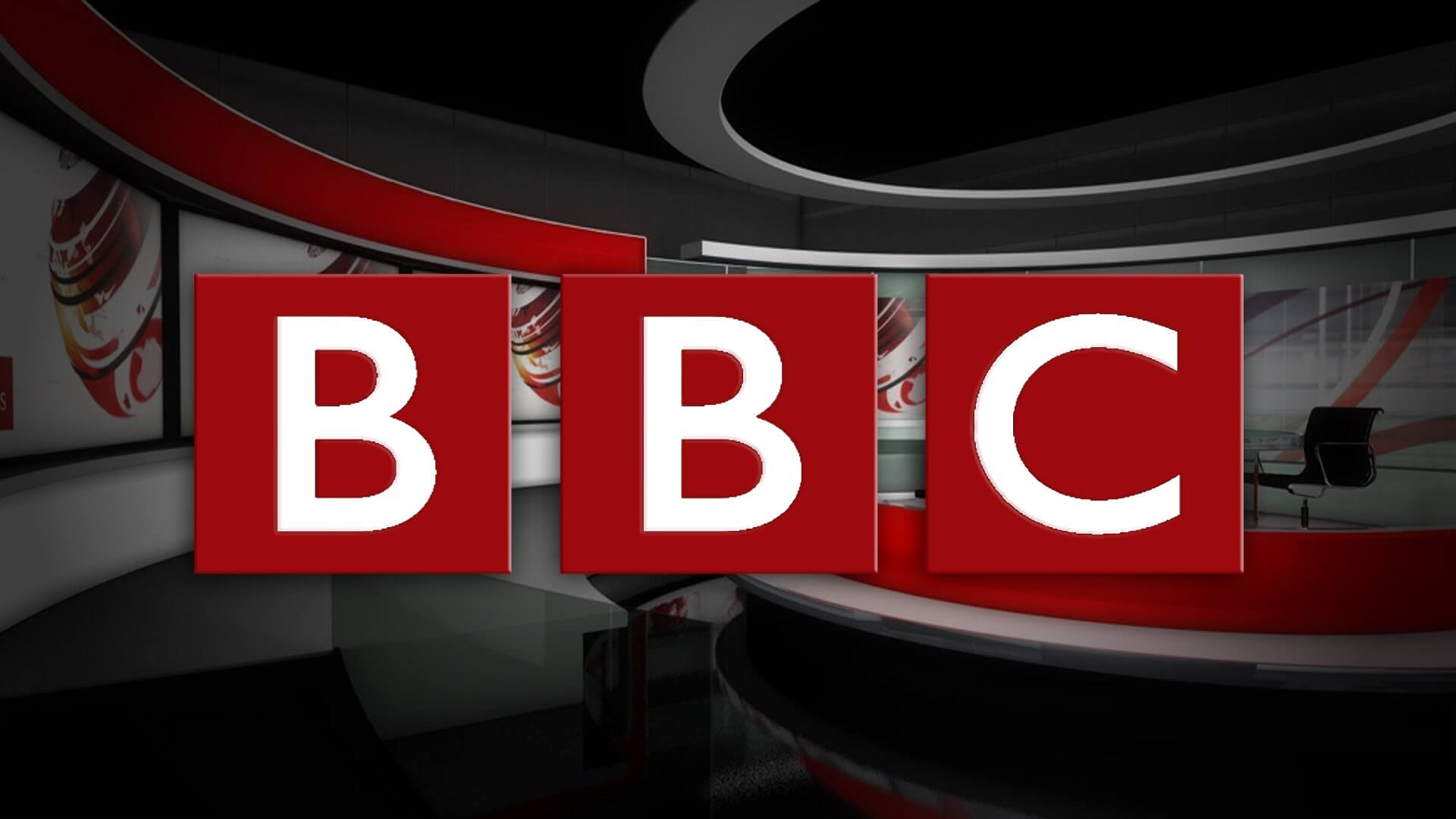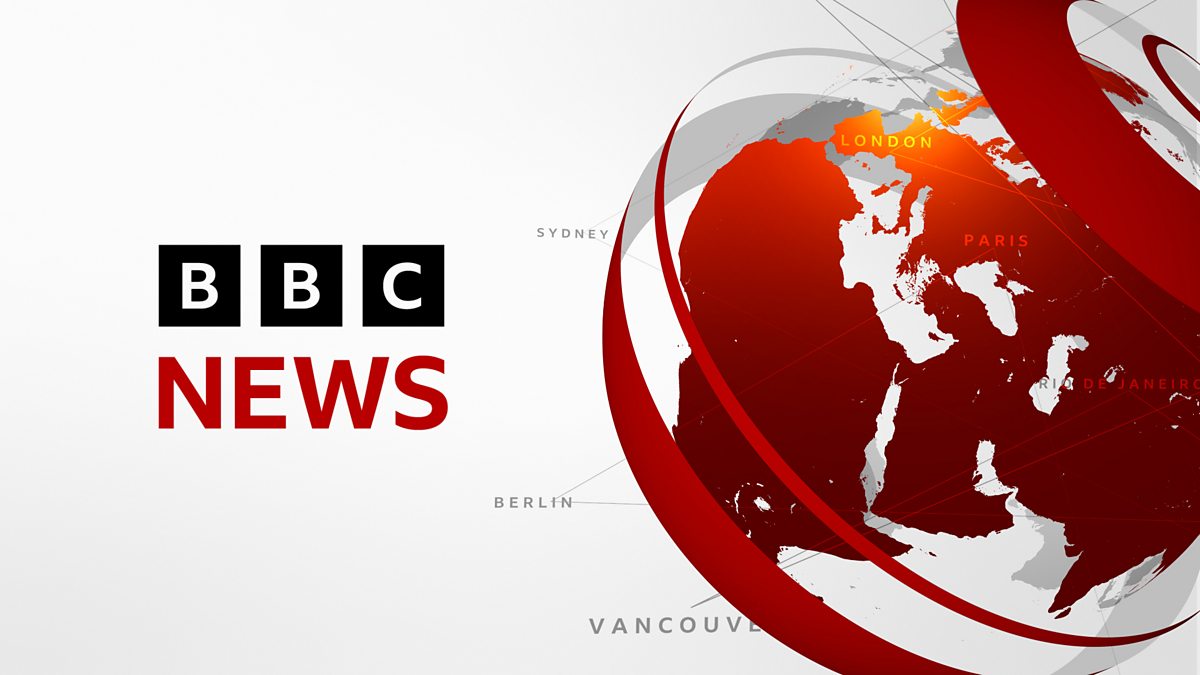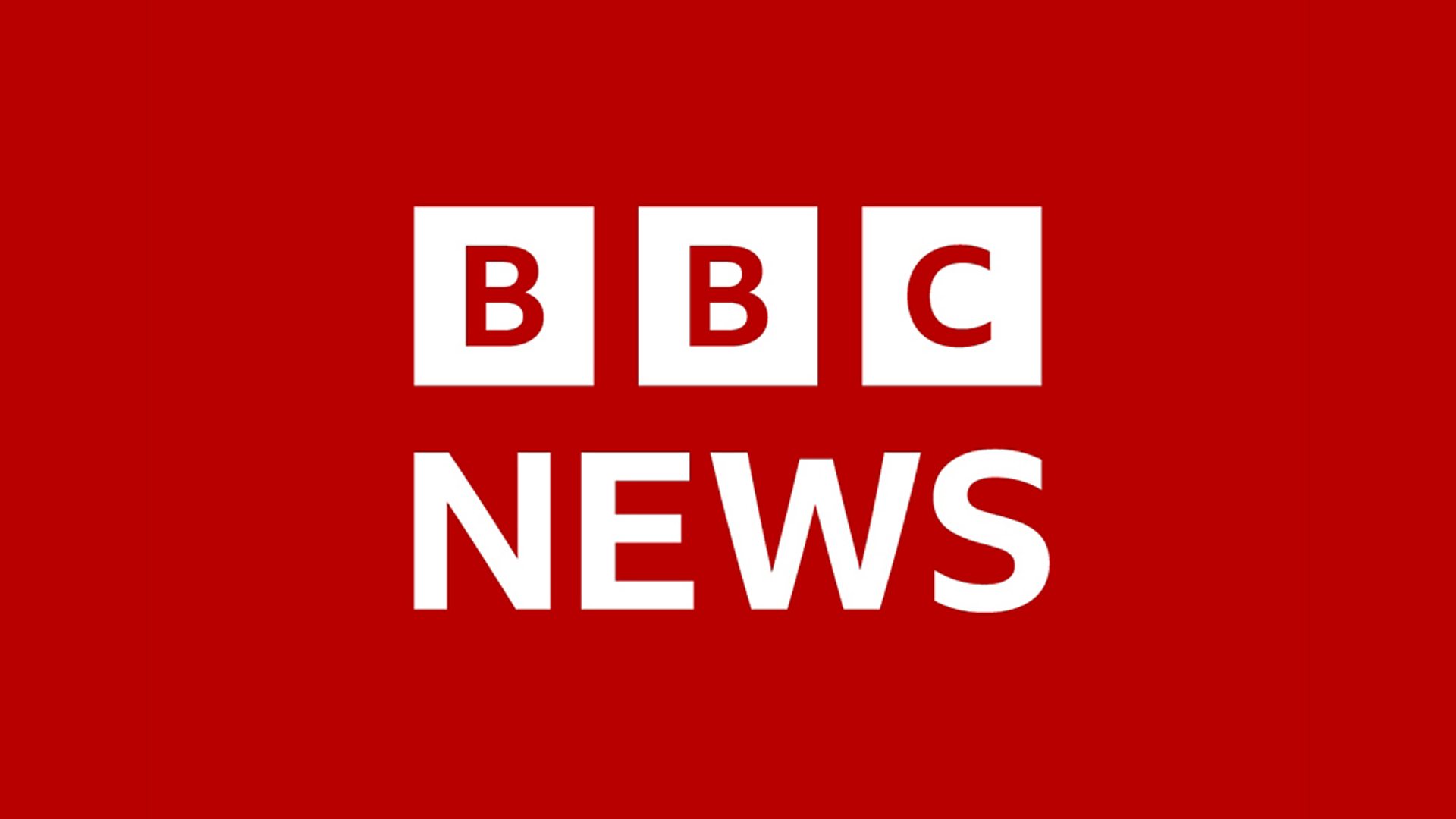The way we talk about news organizations, particularly on platforms like Twitter, has grown to be quite spirited, often sparking lively debates and sometimes, very strong opinions. It’s a space where thoughts spread quickly, and what someone says can be seen by many people in a flash, which is that, pretty remarkable when you think about it. This immediate sharing of ideas has really changed how we engage with information and the folks who bring it to us.
So, when discussions about big news outlets, say the BBC, happen online, they can take on all sorts of shapes. You get everything from thoughtful analysis to some rather heated exchanges, and it’s almost like a constant, ongoing conversation where everyone has a chance to chime in. This open forum, while offering a lot of voices, does, in a way, mean that the language used can be quite direct, sometimes even provocative.
Our aim here is to just, kind of, look at this online world, especially how people talk about a major news provider like the BBC on Twitter. We want to get a better sense of what these conversations are like, why they matter, and how they shape our collective understanding of the news we consume. It’s about trying to make sense of the digital chatter, if you will.
- Young Thugs Girlfriend
- Aspyn Sister Wives
- Josh Dallas And Ginnifer Goodwin
- Menage A Trois Olympics
- Dale Wentz
Table of Contents
- Understanding How Media Gets Talked About Online
- How Does Online Talk Shape What We See?
- Getting Your News - Is It Always Straightforward?
- What Happens When Media Personalities Face Online Scrutiny?
- The Bigger Picture - Why Does This All Matter?
- How Can We Engage More Thoughtfully Online?
Understanding How Media Gets Talked About Online
The way people talk about news and the organizations that provide it has really transformed with the arrival of online spaces. It's almost like everyone now has a microphone, and they can share their thoughts instantly, which is that, quite a change from how things used to be. This constant stream of comments, opinions, and reactions shapes how we see the news, and how news organizations themselves are perceived. It’s a very active environment, to say the least.
When we think about news, we often picture a steady stream of information, but online, it's more like a river with many currents, some calm, some a bit turbulent. People react to stories, share them, and add their own spin, sometimes with just a few words. This immediate feedback loop means that the public's feelings about a news outlet can shift rather quickly, and it creates a very dynamic situation for everyone involved.
So, the conversations we see online are not just about the news itself; they are also about the people and institutions behind it. This includes discussions about how stories are presented, what topics get covered, and even the perceived leanings of a news organization. It’s a bit like a continuous public forum, and it certainly keeps things interesting, to be honest.
- Travis Kelce Hair Transplant
- Melissa Gilbert Brothers And Sisters
- Kamala Harris Not Aspiring To Be Humble
- Larsa Pippen Kids
- Nikola Joki%C3%A4 Relationships
What is the Buzz Around BBC and Twitter?
The BBC, as a news source, has a very wide reach, bringing global reports and analysis to many, many people. They cover a whole range of things, from political happenings to what's going on with the economy and even cultural events. This makes them a big player in the world of information, and because of that, they naturally get a lot of attention, which is that, just how it goes for such a prominent organization.
Twitter, on the other hand, is a place where thoughts and reactions fly around at lightning speed. It's where many people go to get quick updates, share their immediate feelings about something, or see what everyone else is talking about. It’s a platform that thrives on quick responses and trending topics, and it really does provide a snapshot of public sentiment, almost in real-time.
When you put the BBC and Twitter together, you get a lively mix. People use Twitter to talk about BBC stories, to praise them, or to voice their disagreements, sometimes in quite strong terms. This means that the conversations can be very varied, from calm discussions to some rather heated exchanges, and it’s a pretty good example of how diverse viewpoints can emerge in one spot.
The nature of these online talks means that every piece of news, every report, every statement from the BBC can become a point of discussion. This is just, kind of, part of the modern media landscape, where audiences are not just receiving information but also actively participating in its interpretation and spread. It’s a constant back-and-forth, really.
How Does Online Talk Shape What We See?
The way we talk about things online, especially when it comes to news, can really change how we understand what's happening in the world. It’s not just about the facts anymore; it’s also about the feelings and reactions that go along with those facts. This means that online discussions, even those that use very charged language, play a part in shaping what stories get noticed and how they are perceived by a wider audience, which is that, quite a powerful thing.
When people use strong words or particular phrases to talk about a news organization, it can create a certain kind of atmosphere around that organization. This can make some people more inclined to trust what they hear, while others might become more skeptical. It’s a bit like a ripple effect, where one comment can lead to many others, and the overall tone of the conversation can really influence public opinion.
So, these online conversations are not just happening in a vacuum. They are influencing how people approach news, how they decide what to believe, and even how they talk about current events with their friends and family. It’s a pretty big deal, actually, how much impact these digital interactions can have on our collective understanding.
The Impact of Charged Language on BBC Discussions
Online spaces, particularly Twitter, are places where language can become quite expressive, sometimes very direct, and yes, even provocative. Phrases, some of them rather challenging, naturally come up in these discussions. This is just, kind of, how conversations flow in a fast-paced, open forum where everyone can contribute their immediate thoughts.
When it comes to news organizations like the BBC, this means they are under constant public scrutiny. People are quick to share their views on reports, analyses, and even the general direction of the coverage. This kind of open discussion, while sometimes intense, reflects the public’s interest in how their news is being presented, and it’s a very real part of the digital age.
The BBC, being a public service broadcaster, has a special place in many people's minds. This often means that their work is looked at with a fine-tooth comb, and any perceived misstep can lead to a flurry of comments and debates online. This particular kind of attention, in a way, highlights the significant role the BBC plays in national and international discourse. It’s a heavy responsibility, really.
So, the language used in these online debates, even when it’s quite forceful, is part of a larger conversation about media accountability and public trust. It shows that people care deeply about the news they receive and how it shapes their view of the world. It’s a complex dance between news providers and their audience, playing out in real-time, pretty much.
Getting Your News - Is It Always Straightforward?
Finding your way through all the news available today can sometimes feel like a bit of a challenge. There's so much out there, from global reports to local stories, and it all comes at us very quickly. It makes you wonder, is it always simple to get the full picture, or are there times when we need to dig a little deeper? It’s a question many of us probably ask ourselves, to be honest.
The sheer volume of information can be a lot to handle. We hear about "information overload," and it's a real thing, where you feel like you're drowning in data. This makes it more important than ever to have ways to sort through everything and find what truly matters to you, or what is actually reliable. It’s about making sense of the noise, in a way.
So, while the goal is always to get clear, accurate news, the path to that isn't always a straight line. We might encounter different viewpoints, different ways of telling a story, and even different ideas about what counts as news. This means that being a news consumer today often involves a bit of active work on our part.
Finding Your Way Through BBC News and Other Sources
When you’re looking for news, you have a lot of places to choose from. There's BBC News, which gives you a global perspective and deep analysis, covering everything from politics to culture. Then you have CNN, which provides updates on international and US news, and The New York Times, known for its high-quality reporting and thoughtful insights. These are just a few of the big names, of course.
It’s easy to feel a bit overwhelmed by the sheer amount of information out there. Some folks, for example, find that using tools like RSS feeds helps them keep up without feeling swamped. It’s a way to get the news you want delivered to you, rather than having to go out and search for it all the time. This can really make a difference in managing what feels like a constant stream.
People consume news in all sorts of ways, too. Some like to watch live broadcasts, while others prefer to read detailed articles. There are also those who use specific apps, like TVBox, to get their content. The point is, there’s no single "right" way to get your news; it’s about finding what works for you and your daily habits, which is that, pretty much how it goes for most things.
A good approach, many would say, is to look at a variety of sources. For instance, while BBC Chinese or New York Times Chinese might be written specifically for Chinese readers, getting different perspectives can help you build a more complete picture. It’s about exercising your own judgment and thinking critically about what you read, which is that, a really important skill in today's world.
What Happens When Media Personalities Face Online Scrutiny?
When people who work in media, especially those who are well-known, share their thoughts online, it can sometimes lead to a lot of attention, and not always the kind they expect. Their words can be seen by a huge number of people in an instant, and that means reactions can come in very quickly, sometimes with quite a bit of force. It’s a very public space, Twitter, and that has its own set of challenges, to be honest.
This immediate feedback loop means that what someone says, even a casual remark, can be picked apart, debated, and shared widely, sometimes out of its original context. It's almost like living under a microscope, where every word is analyzed by many different eyes. This can be a tough spot for anyone, especially those in the public eye, you know?
So, the line between a person's public role and their private online presence can get very blurry. What they post on their personal account can quickly become a matter of public discussion, and this often requires them to think very carefully about everything they share. It’s a constant balancing act, actually, for media personalities in the digital age.
When BBC Presenters and Twitter Collide
Sometimes, a BBC presenter might share something on social media, and it ends up causing quite a stir. We saw this, for example, when the BBC’s main soccer presenter, Gary Lineker, issued an apology after sharing a social media post that sparked a lot of discussion. This kind of event really highlights how immediate and widespread social media feedback can be, which is that, a pretty powerful force.
When something like this happens, the reactions on Twitter can be incredibly swift. People jump in with their opinions, and the conversation can quickly grow, drawing in many different voices from all over the place. It’s a very clear example of how quickly news, or controversy, can spread and how public sentiment can form around it, almost in real-time.
For individuals in the public eye, like BBC presenters, this means that their personal social media accounts are often seen as an extension of their public role. This can be a real challenge, as the boundaries between their private thoughts and their professional responsibilities can become very blurred. It’s a tough spot to be in, really, when everything you say is under such intense scrutiny.
So, these instances show us that online platforms, especially Twitter, are not just for sharing lighthearted thoughts; they are also places where serious discussions and public accountability play out. It’s a constant reminder of the weight that words can carry in the digital world, and how quickly things can escalate, pretty much.
The Bigger Picture - Why Does This All Matter?
Looking at all this, you might wonder why these online conversations, even the heated ones, are so important. Well, they really do tell us something about the health of our public discourse. When people engage, even if it’s with strong opinions, it shows that they care about the news and how it’s presented, which is that, a good thing in itself.
These discussions also highlight the importance of being able to think for ourselves and to sort through different viewpoints. It's not always about just accepting what you hear; it's about considering various perspectives and forming your own conclusions. This ability to think critically is a very valuable skill in a world full of information, to be honest.
So, while online debates can sometimes seem a bit messy, they are also a reflection of a society that is actively engaging with its media and its world. It shows that people are paying attention, and that they want to have a say in how stories are told and understood. It’s a pretty dynamic process, really, this constant exchange of ideas.
Reflecting on Online Debate and the BBC's Role
When we think about the lively debates happening online, especially those touching on the BBC, it really makes us consider the broader state of public conversation. These exchanges, whether they are calm or quite passionate, reflect a society that is actively trying to make sense of the world around it. It’s a clear sign that people are paying attention to their news sources, which is that, pretty vital for a healthy society.
It’s also a good reminder that we all need to practice a bit of critical thinking. The idea of "discerning ability" is very important here. It’s about not just taking everything at face value, but rather thinking about where the information comes from, what different angles exist, and forming your own considered view. This is how we build a more informed outlook, to be honest.
The BBC, with its global reach and long history, naturally finds itself at the center of many of these conversations. Its role as a major news provider means it’s always going to be a topic of discussion, and these online debates are just one way that public scrutiny plays out. It’s a constant process of interaction between a news organization and its audience, pretty
- Paris Hilton House
- Nancy Cartwright Niece
- Travis Kelce Hair Transplant
- Sam Hartman Family
- Mackenzie Anderson


